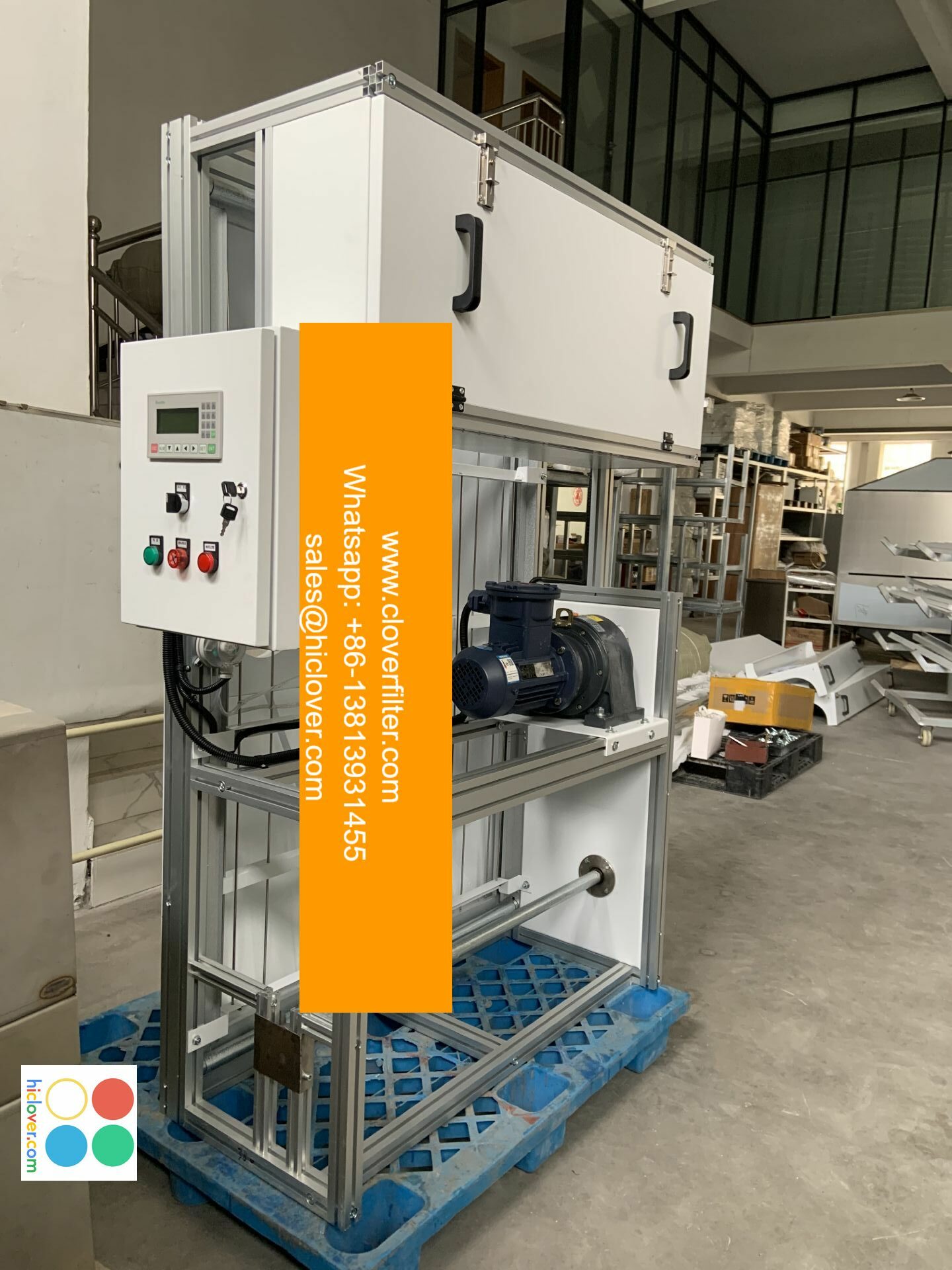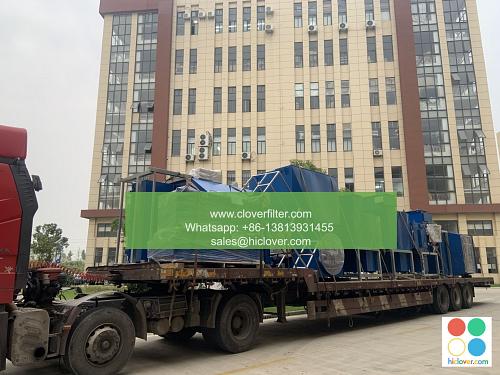6 Ways to Proactively Prevent Air Filter Customer Complaints

As an air filter manufacturer or supplier, dealing with customer complaints can be a costly and time-consuming process. Not only can it damage your reputation, but it can also lead to a loss of business and revenue. However, by being proactive and taking a preventative approach, you can minimize the risk of customer complaints related to air filter quality, indoor air quality issues, and filtration system failures. In this article, we will explore six ways to proactively prevent air filter customer complaints, with a focus on air purification systems, HVAC filter applications, and air quality control measures.
1. Implement a Robust Quality Control Process
To prevent air filter defects and performance issues, it is essential to have a robust quality control process in place. This includes testing and inspection protocols to ensure that all air filters meet the required filtration efficiency standards and air quality regulations. By implementing a thorough quality control process, you can identify and address any quality control issues before they become major problems, reducing the risk of customer dissatisfaction and product returns.
2. Provide Clear Product Information and Guidelines
Clear product information and guidelines are crucial in preventing customer confusion and misuse of air filters. Make sure to provide detailed product specifications, installation instructions, and maintenance guidelines to help customers understand how to properly use and maintain their air filters. This can include application-specific recommendations for residential, commercial, and industrial air filtration systems. By providing clear and concise information, you can reduce the risk of air filter-related problems and customer complaints.
3. Offer Comprehensive Customer Support
Providing comprehensive customer support is essential in preventing customer frustration and complaints related to air filter issues. Make sure to have a dedicated customer support team that can address customer inquiries and concerns in a timely and professional manner. This can include technical support for air filter troubleshooting, product returns, and warranty claims. By offering comprehensive customer support, you can build trust and confidence with your customers, reducing the risk of negative reviews and customer defection.
4. Conduct Regular Performance Testing and Monitoring
Regular performance testing and monitoring can help identify potential air filter problems before they become major issues. This includes testing air filter performance in various application areas, such as commercial HVAC systems, industrial processes, and residential air purification systems. By conducting regular performance testing and monitoring, you can identify areas for improvement and make necessary design enhancements or manufacturing adjustments to prevent air filter-related complaints.
5. Develop a Preventative Maintenance Program
Developing a preventative maintenance program can help reduce the risk of air filter-related problems and customer complaints. This can include scheduled maintenance for air filter replacements, cleaning, and inspection. By providing a preventative maintenance program, you can help customers maintain their air filters properly, reducing the risk of filtration system failures and indoor air quality issues.
6. Gather and Act on Customer Feedback
Finally, gathering and acting on customer feedback is essential in preventing air filter customer complaints. Make sure to have a system in place to collect and analyze customer feedback, including complaints, suggestions, and product reviews. By listening to customer concerns and acting on their feedback, you can identify areas for improvement and make necessary product design changes, manufacturing adjustments, or customer support enhancements to prevent customer dissatisfaction and complaints related to air filter quality.
In conclusion, by being proactive and taking a preventative approach, you can minimize the risk of air filter customer complaints and improve overall customer satisfaction. By implementing a robust quality control process, providing clear product information and guidelines, offering comprehensive customer support, conducting regular performance testing and monitoring, developing a preventative maintenance program, and gathering and acting on customer feedback, you can reduce the risk of air filter-related problems and customer complaints, and build trust and confidence with your customers in various application areas, including residential, commercial, and industrial air filtration systems.
It looks like you’re ready to get started, but you haven’t given me a specific prompt to work with. What would you like to talk about or ask? I can assist with a wide range of topics, from answering questions and providing information to generating creative content or just having a conversation. How can I help you today?

